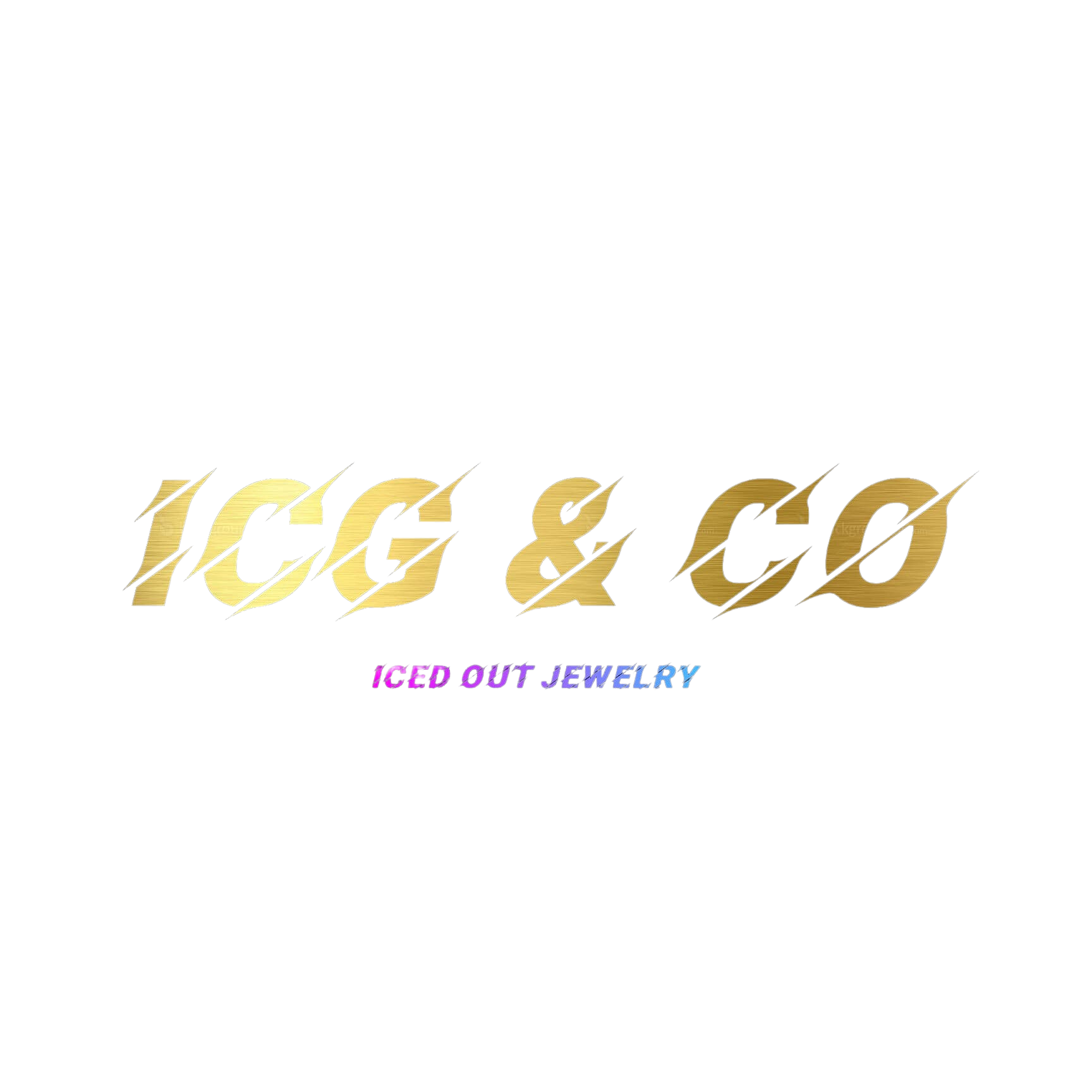Tips for Taking Care of Jewelry
-
Store Properly:
- Keep jewelry in a cool, dry place, away from direct sunlight and moisture.
- Use a jewelry box with compartments or soft pouches to prevent pieces from scratching each other.
- For necklaces, consider hanging them to avoid tangling.
-
Avoid Chemicals:
- Remove jewelry before swimming in chlorinated pools or saltwater, as these can damage the metals and gemstones.
- Avoid contact with household chemicals, lotions, perfumes, and hairsprays. Put on jewelry last when getting ready to minimize exposure.
-
Clean Regularly:
- Use a soft, lint-free cloth to gently polish your jewelry and remove any fingerprints or smudges.
- For deeper cleaning, use a mild soap and lukewarm water solution. Soak the jewelry briefly, then use a soft toothbrush to gently scrub. Rinse thoroughly and pat dry with a clean cloth.
- Avoid using harsh cleaners or abrasive materials, especially for delicate gemstones.
-
Wear with Care:
- Take off jewelry when engaging in activities that could cause damage, such as exercising, gardening, or doing household chores.
- Be mindful of delicate chains and clasps, and avoid pulling or tugging on them.
-
Handle with Clean Hands:
- Always handle jewelry with clean, dry hands to prevent oils and dirt from transferring to the pieces.
-
Regular Inspections:
- Periodically inspect your jewelry for any signs of damage or wear, such as loose stones or broken clasps. Address any issues promptly to avoid further damage.
-
Professional Maintenance:
- Consider having your jewelry professionally cleaned and inspected once a year. Jewelers can check for any structural issues and give your pieces a thorough cleaning.
-
Specific Gemstone Care:
- Different gemstones require different care. For example, pearls should be kept away from perfumes and chemicals and wiped with a damp cloth after wearing. Research the specific care instructions for your jewelry’s gemstones.
-
Avoid Prolonged Sun Exposure:
- Some gemstones and metals can be affected by prolonged exposure to sunlight. Store jewelry in a shaded place when not in use.
-
Travel Safely:
- When traveling, use a travel jewelry case with individual compartments to keep pieces secure and protected. Avoid storing all your jewelry together in one bag.
By following these tips, you can maintain the beauty and longevity of your jewelry, ensuring that each piece remains a cherished part of your collection for years to come.
Typically, solid gold, gold-filled, platinum, or sterling silver jewelry can handle a bit more water exposure. However, be cautious with plated jewelry, as the plating can wear off, revealing the underlying metal, which can tarnish over time. Brass jewelry should generally be kept away from water, although it can be cleaned if necessary.
When considering jewelry for swimming or other water activities, think about how likely the piece is to stay secure. Opt for jewelry with clasps that fully close to prevent loss. Choose necklaces and earrings that are not too chunky, as they are less likely to be knocked or pulled off.
You might recall the famous incident where Kim Kardashian lost her diamond earring in the ocean — don't let that happen to you. Some of the most durable jewelry options can be on the pricier side, so consider whether you’re comfortable wearing them in water where there is a risk of losing them. It’s hard to predict when a rogue wave might sweep you off your feet, so always weigh the risks before taking a dip with your valuable pieces.

